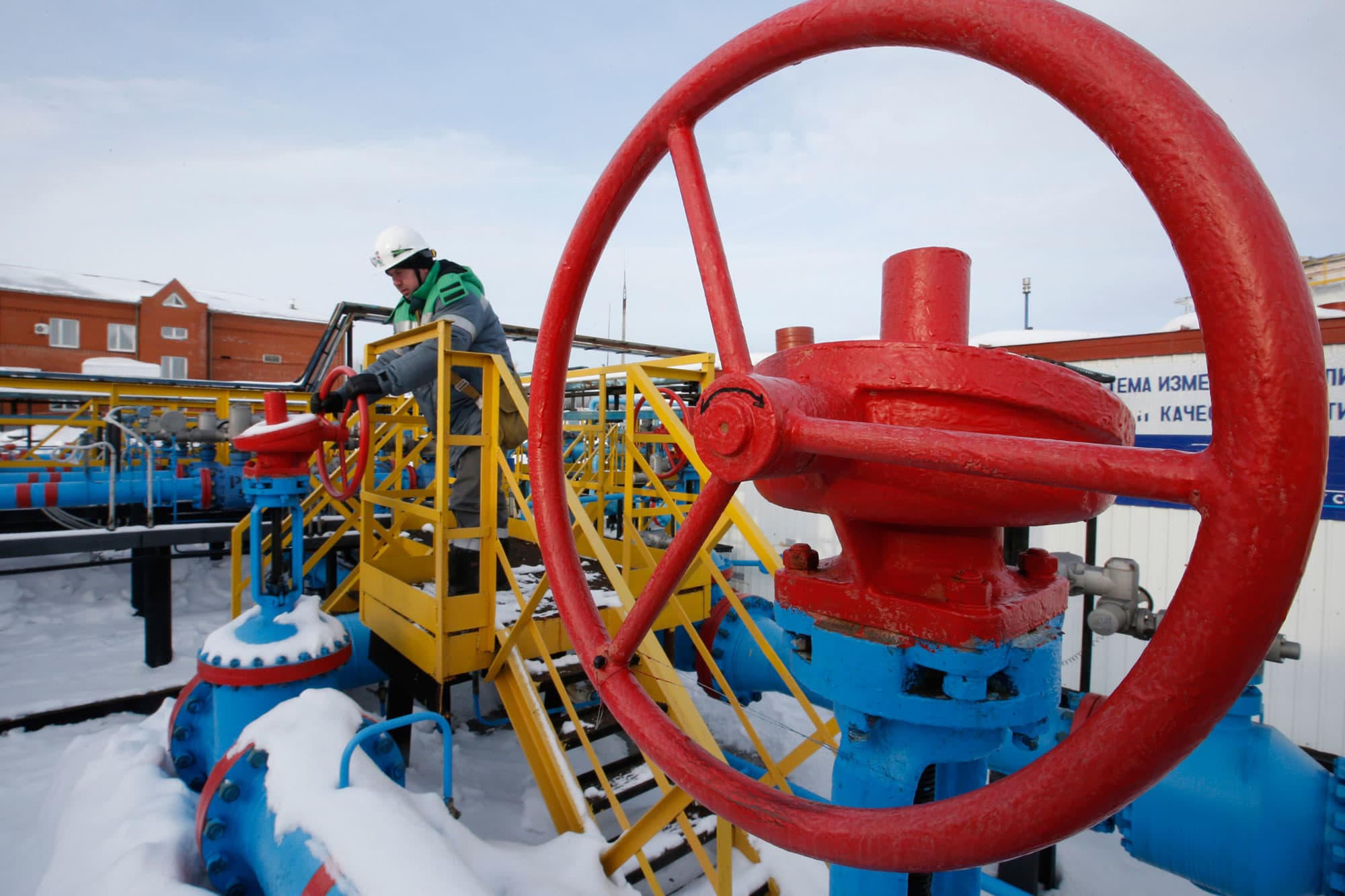Sergei Karpukhin | Reuters
Russia and other major oil producers must regain, and even increase, their share of the oil market once demand returns, Russia’s energy minister has said.
“When demand begins to return to pre-crisis levels, it will be extremely important for Russia, like other oil-producing countries, to regain market share as soon as possible and, possibly, even increase it in the face of reduced competition between producers,” Russia’s Energy Minister Alexander Novak said in an article published in the ministry’s in-house magazine Tuesday. https://minenergo.gov.ru/node/18788
OPEC, Russia and other non-OPEC producers — a group known collectively as OPEC+ — are currently cutting output by 7.7 million barrels per day (bpd) until December. The energy alliance agreed to impose the production cuts in response to lower demand due to the coronavirus pandemic and the global economic downturn.
From January 2021, the cuts are expected to taper further to amount to 5.8 million bpd, with these expected to last until April 2022. Producers aim to rebalance supply and demand in the unstable market, and to support oil prices.
Russia and other major oil producers have found themselves ceding market share to U.S. shale producers in recent years, with the U.S. becoming the largest oil producer in the world in 2018.
Domestic support
Wary of the damage that lower output is doing to its own oil industry, both to producers and its oilfield services sector, the Russian government is looking to support the sector and could launch a scheme to encourage (and offer tax incentives) to oil companies to drill several thousand oil wells with the idea being that the wells are left unfinished but can quickly be put into use after the OPEC+ deal ends in 2022.
Novak said that ”work is underway to create conditions for the formation of a stock of unfinished wells” but did not specify if the scheme had been approved by the government.
Such a scheme is designed to support Russia’s oilfield services industry that focuses on services related to oil and gas exploration as well as the construction and maintenance of oil wells, for example. The industry employs 300,000 people in Russia, Novak said, and a lack of investment in the domestic industry could lead to mass redundancies, and it losing more market share to foreign companies.
“The largest oil service companies in the world consistently reported a decline in 2020 to CAPEX (capital expenditure) … Due to the decrease in demand for their services, corporations have been forced to reduce the number of employees, while further waves of layoffs are expected throughout the year,” he said.
“As for the situation in Russian companies, the decline in the oilfield services market in 2020-2021 could be almost half of the level of 2019. As a result, we see risks of a significant reduction in the margins of oilfield service organizations. A decrease in the volume of orders will inevitably intensify competition in the market, which, in turn, may entail irreversible economic consequences for a number of companies,” he said.
Novak cited estimates from the Russian Ministry of Energy warning that, “in the event of inaction, that is, failure to take systemic measures to support the industry, the market share of foreign oilfield service companies may increase to more than 50% by 2022.”
“This threatens the Russian oilfield services industry with the loss of key competencies in high-tech areas, including such strategically important ones as geophysical and seismic well surveys, as well as specialized software,” he said.
